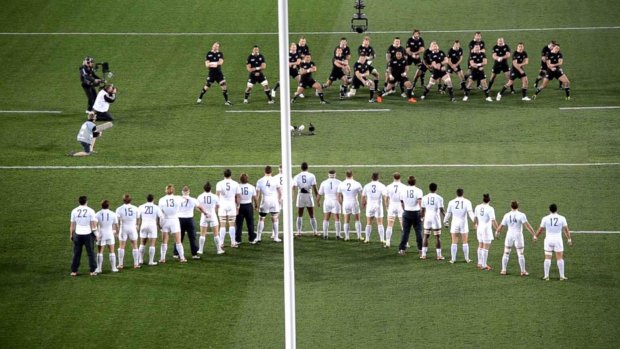There is not a more clichéd or stereotyped team than the French. Nor are those stereotypes unfair on Les Bleus, however. They tend to win with saviour-faire, in alignment with the French stereotype. But they also lose in abject capitulations, also in line with the stereotype unfairly placed upon the rest of France. They are every bit as prone to off-field drama – just as they are typecast. It’s another cliché, but it really does depend which French team turns up as to how they’ll do in a game.
The good news is, the French usually bring the noise at the World Cup.
1. Outstanding World Cup Record
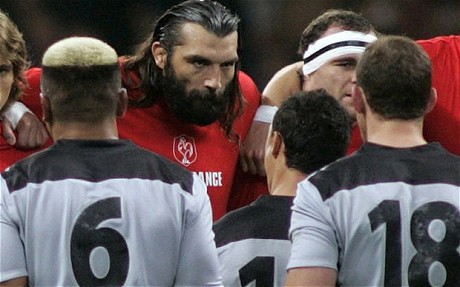
The French bring the wood when they roll up to a Rugby World Cup. They’ve been to the final three times. That’s only equalled by Australia, New Zealand and England. That, of course, makes them the most consistent World Cup performers outside those who have won the tournament. In fact, they’ve only missed making the semis once. And there’s only one team who matches that – the All Blacks.
And it’s the contest with the All Blacks which is the most intriguing part of that record for the French. While Les Bleus’ record against New Zealand is as abysmal as anyone else’s generally, when it comes to World Cups, that record improves dramatically. In the time since the World Cup began being contested, France have met New Zealand 34 times and have won just eight of those. However, in World Cup competition, they have won two of the six games they’ve played. And most of those games have always been in the finals series. The French are big game players.
2. French Flair
The idea of ‘French Flair’ is a well worn cliché in the Rugby world, but it is a deserved one. Les Bleus are not known for winning ugly. That tend to either win with beautiful, flowing, attacking Rugby or go out in a demonstrative implosion as handling errors, lateral running and poor kicking spirals out of control. But, to the spectator’s benefit, the trainwrecks are as entertaining as the pretty wins. So, if their job is to entertain, the French do not disappoint.
There is no more pertinent example of what the French can achieve when they are on song as the 1999 semifinal against the All Blacks. down 24-10 early in the second half, the French didn’t capitulate as the stereotype (and their reputation) suggested they would. Instead, they threw caution to the wind and came up with one of those special moments and scored 33 unanswered points, befuddling the previously dominant All-Blacks.
Les Bleus will need to capture the spirit of that 1999 campaign if they are to progress to the semifinals again this year.
3. Consistency is Key
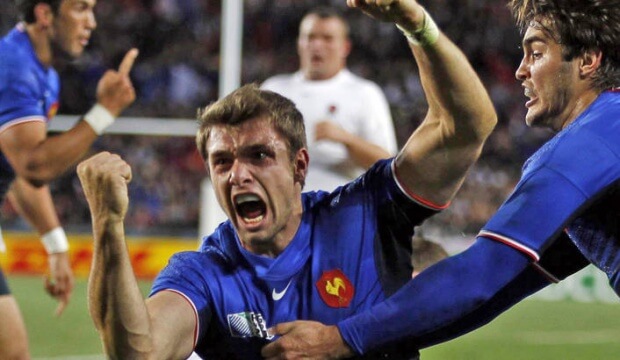
I’ve said it before, and I’m sure I’ll say it again. So will the commentators, every pundit you read between now and the World Cup, and just about every forum comment you’ll see. How France plays depends on which team turns up. Will they attack with fervour and keep their heads up when they are behind or will they run out thinking about girls in the crowd or whatever it is that keeps French blokes from looking like they are in a Rugby game?
It’s hard to predict when it will happen, too. Their 2012 tour of the southern hemisphere and subsequent return leg in November saw them win four on the trot, including a savaging of Australia at Stade de France, 33-6. But their next Six Nations campaign was a travesty. They had a little lie down against lowly Italy in the first match and they decided to stay in bed the rest of the tournament. At the 2011 World Cup, the team had a very public spat with then coach, Mark Lievremont. The team undermined Lievremont, effectively sacked him and chose to manage themselves internally. The result? They made the final and lost by a single point to arch-nemesis, New Zealand.
No amount of studying the form or gazing into a crystal ball can predict how Les Bleus will perform on a given day.
4. The Centres
Getting good, front foot ball from the forwards is an important facet for every team, as are accurate and fast service from the halves. But for France, the key to their performance lies in their centre-pairing. Wesley Fofana provides the scything line breaks and Rugby nous while Mathieu Bastaraud provides the brute force and ignorance. The French rely on these two to provide the opportunities to their outside backs for the flair we repeatedly hear about.
Fofana is a mercurial runner of the ball and possesses a change of direction that few can match. But it is his positioning and timing which mean he is one of the best inside centres in the world. He runs straight, hard lines, but show him a crack in the defensive line and he’ll find a way to break it. And he doesn’t just provide opportunities for the outside backs, he’s an tryscorer himself, having 11 to his name in the French colours.
Bastaraud is somewhat inconsistent and cops criticism for being more tight head prop than centre. And at 183cm and 120kg, you can see why. But that criticism is short sighted. He is an explosive athlete and, on his day, doesn’t so much bend the line as smash it into little bits. He provides the perfect foil to Fofana and the need to double-team him in defence opens holes for Wesley at 12.
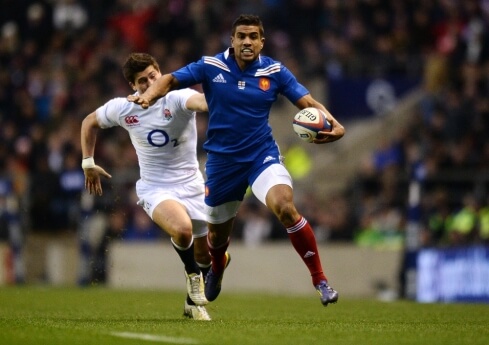
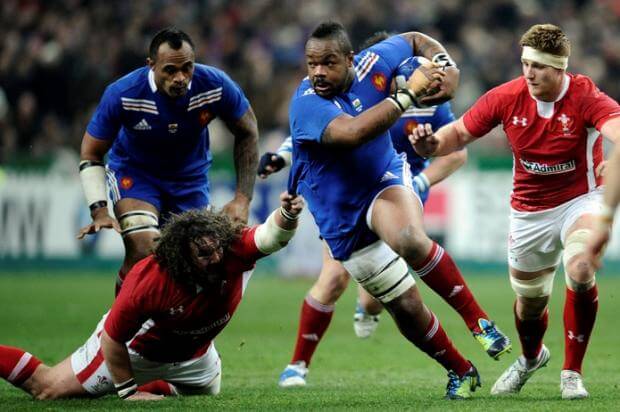
5. The Prognosis
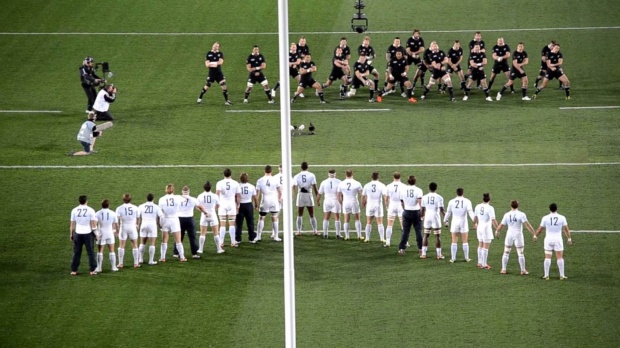
Pool D is probably the easiest pool to predict in terms of who will go through to the quarter finals. France and Ireland are expected to top the pool, but finishing on top will have the added bonus of not having to face New Zealand in their quarter final. Both would rather face Argentina. Oddly, though, France may not care about that as much as Ireland. They have a reputation as being the team which gives the All Blacks nightmares. There is no question that Les Bleus lift when they play the Kiwis in the World Cup.
The French will have a tough ask to knock Ireland off and the recent form would say that it will be France who face the All Blacks after the pool rounds. I think Les Bleus will be bundled out at that point, but – as the cliché goes – you never know which French team will show up.

